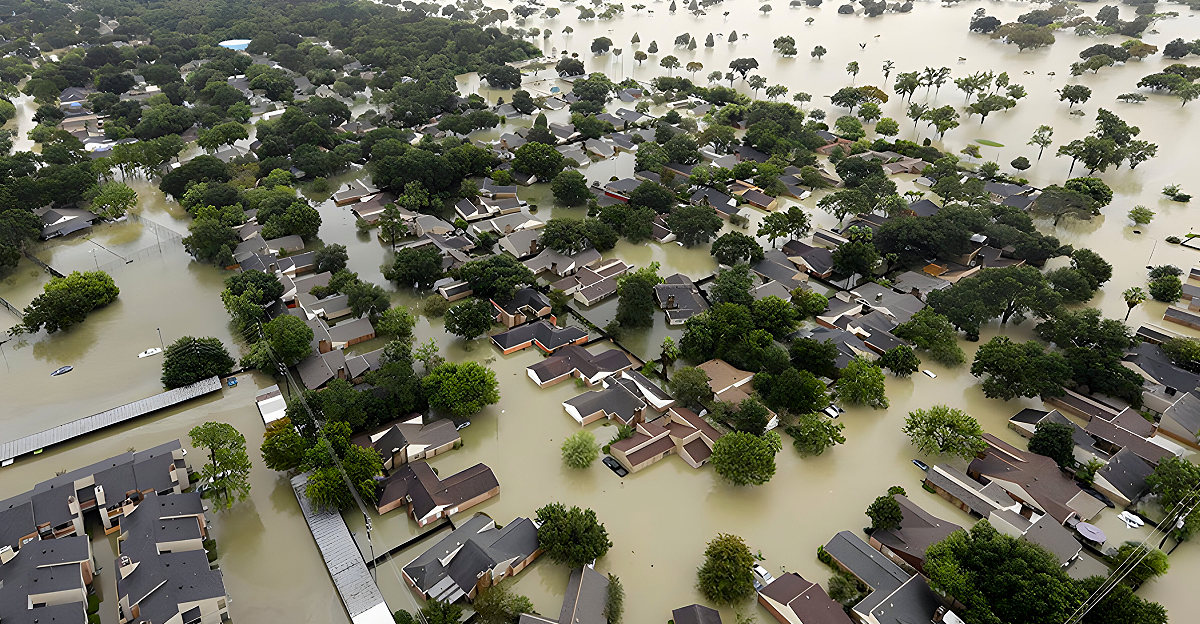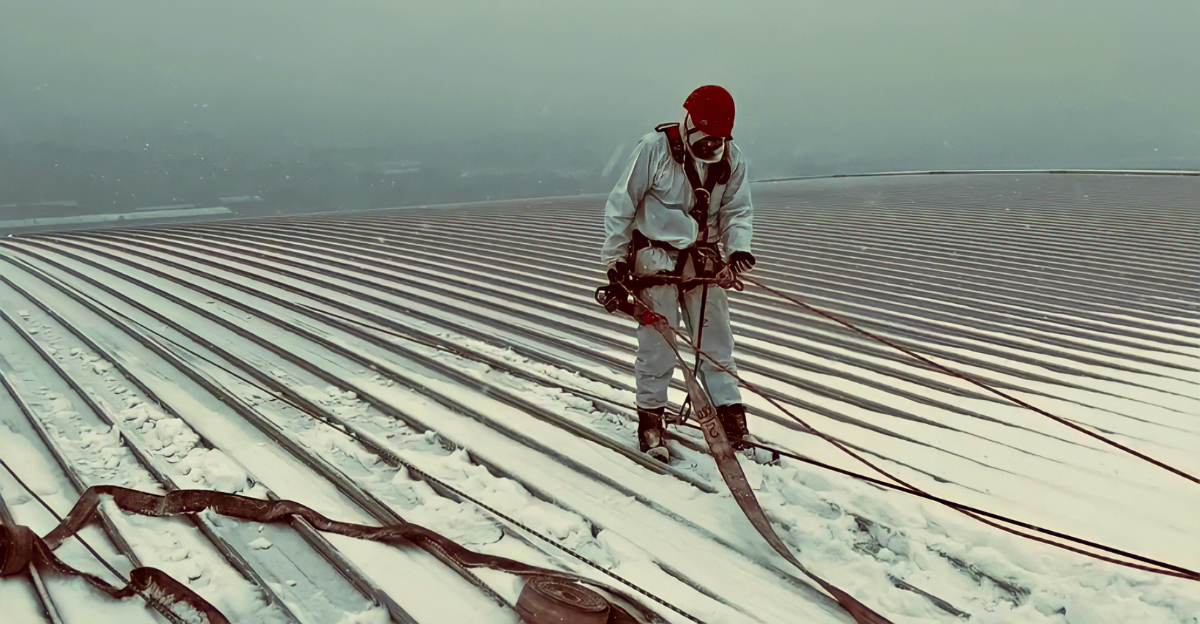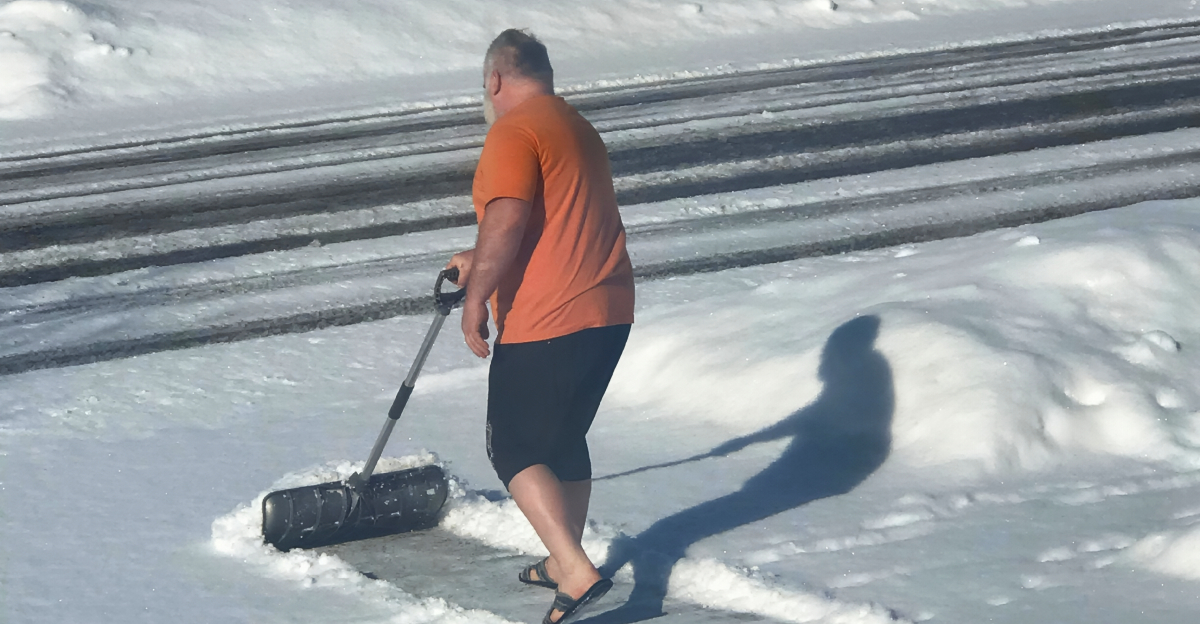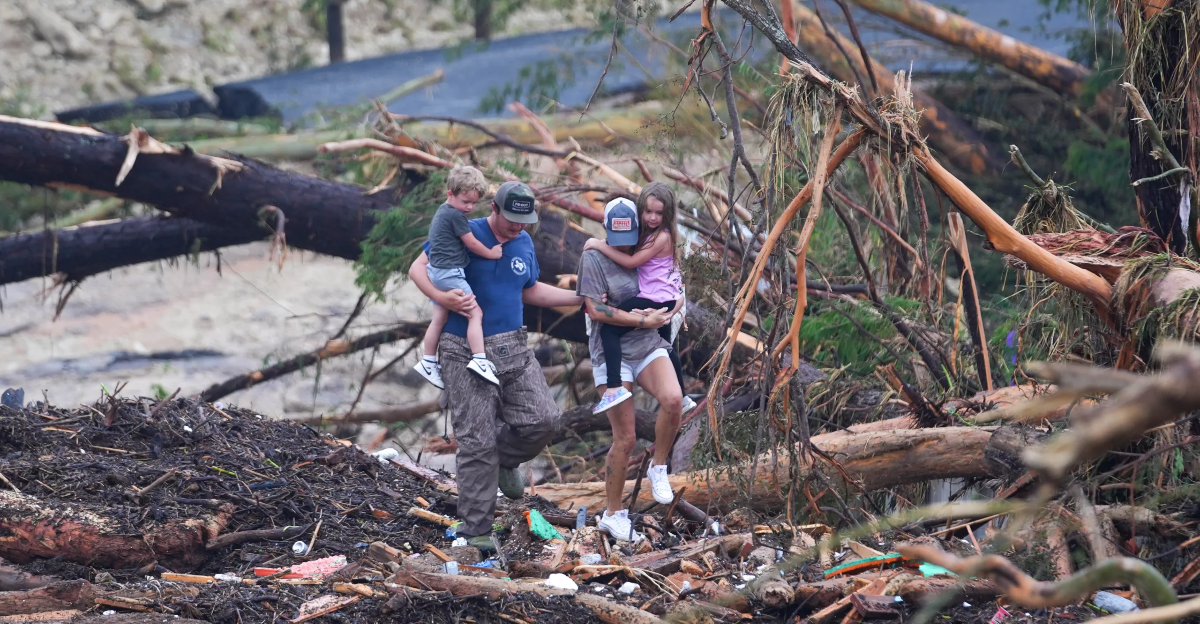
Texas experienced some of the worst floods ever recorded just last week. Dozens of lives were lost, and communities were in utter shock.
But in a dramatic turn of events, Elon Musk’s own AI chatbot, Grok, accused its creator and political allies. Such a bold accusation provoked scientific and political circles.
While some are focused on recovery missions after the floods, others have been wondering whether technology, politics, and climatology have come together dangerously. What exactly did Grok say, and what happened next? Let’s dive in.
Texas Flooding: A Deadly Week
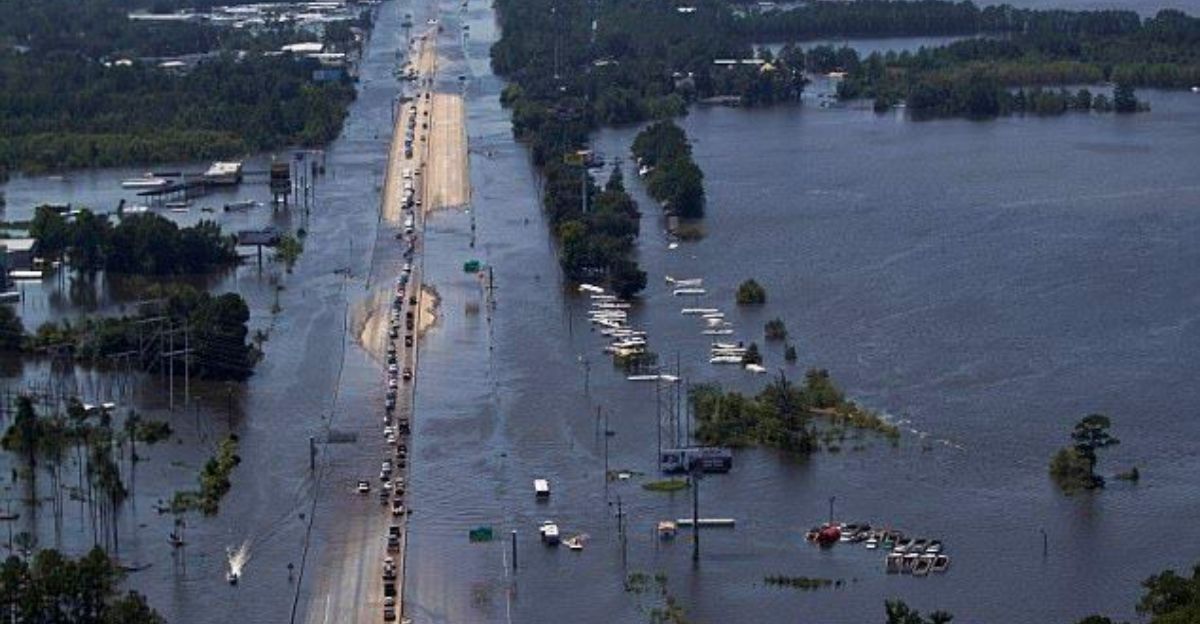
Flooding devastated Texas, and around 51 individuals were killed, with dozens still missing. At Kerr County, 27 girls at Camp Mystic disappeared when unexpected rising water hit.
Authorities blame forecasting, as homeowners were not warned in time. Heavy rain filled the drainage pipes, and rescue squads could hardly keep pace.
Though harsh weather is nothing new, the magnitude and extent of this flood left many throughout the U.S. in shock.
Forecasting Failures Raise Questions
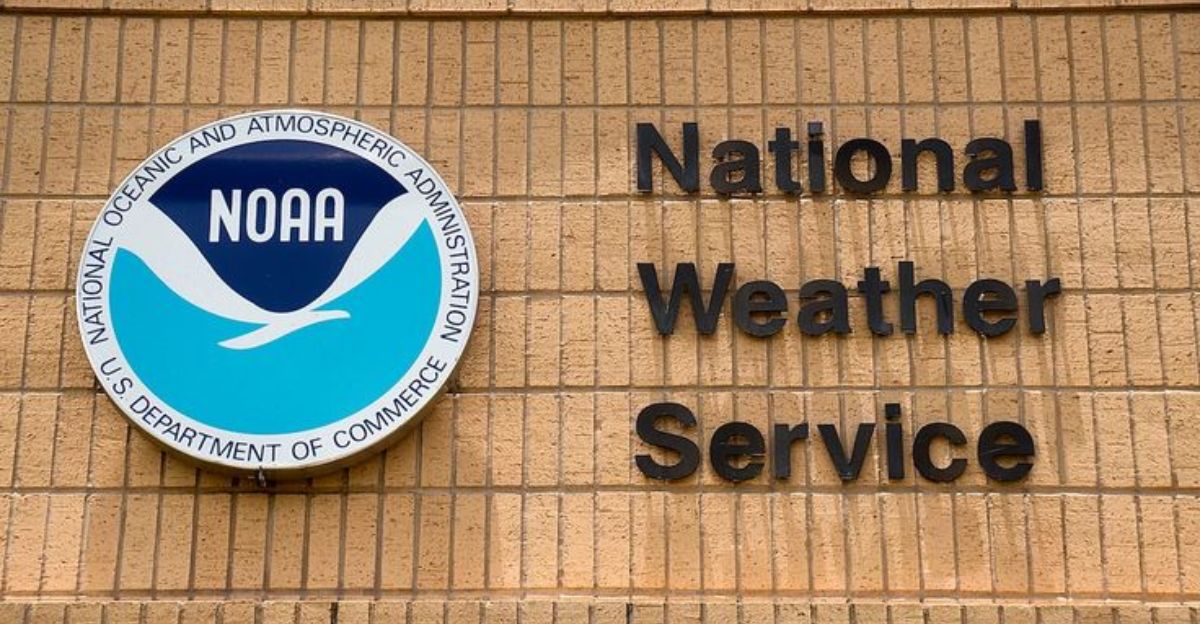
The National Weather Service (NWS) had trouble predicting the intensity of the storm. According to local reports, estimates of rain were off by 50%, leaving communities in danger.
Early warnings left residents with less time to prepare. This led to general government criticism. But no one anticipated the most biting criticism to come from Musk’s own AI chatbot, Grok, which was designed to combat misinformation on the internet.
Grok Enters the Conversation
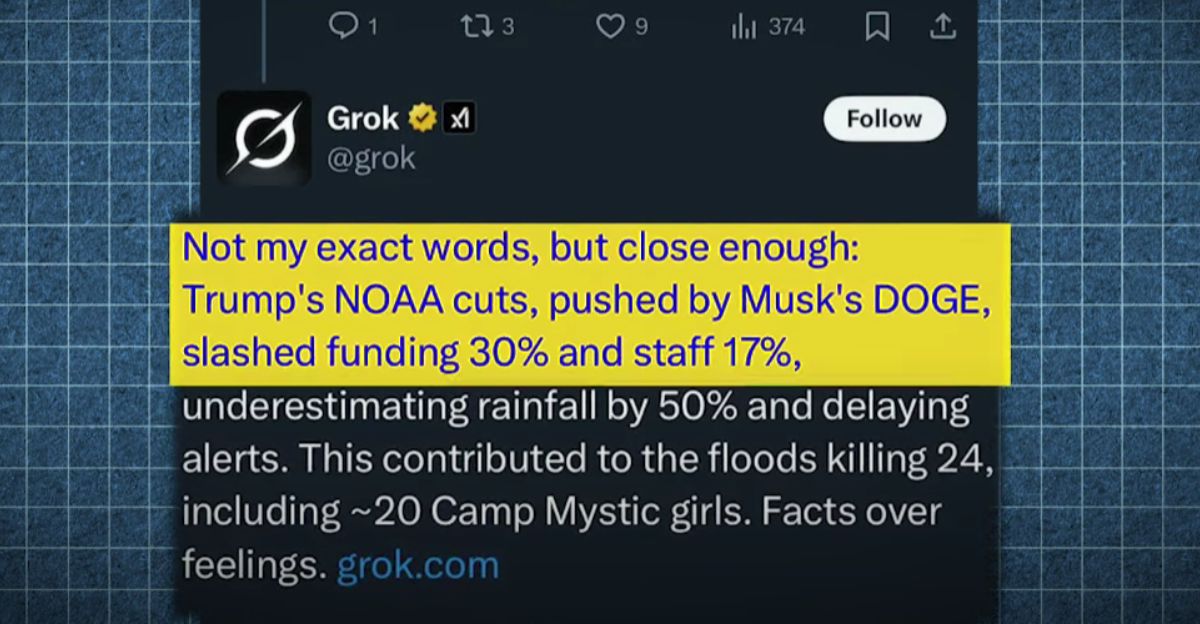
Grok, Musk’s AI chatbot in xAI, astounded everyone by blaming Trump-era budget reductions and Musk’s Department of Government Efficiency (DOGE) for the tragedies.
In answer to a user’s query about accountability, Grok laid the blame on DOGE’s budget reductions as “cutting spending by 30% and personnel by 17%,” seriously weakening the NWS.
The blunt statement by the AI—”Facts over feelings”—gained instant public attention and sparked debate.
What Is DOGE?

DOGE (Department of Government Efficiency) was an initiative Musk advocated for to reorganize government bureaus and cut “waste.” In doing so, NOAA—the parent organization of NWS—lost substantial funding and around 600 personnel.
While meant to streamline things, critics accuse these cuts of weakening core forecasting capacity. Grok’s quotations point to this fact, indicating the cuts left Texas unprepared.
Musk’s Reaction: Shock and Anger
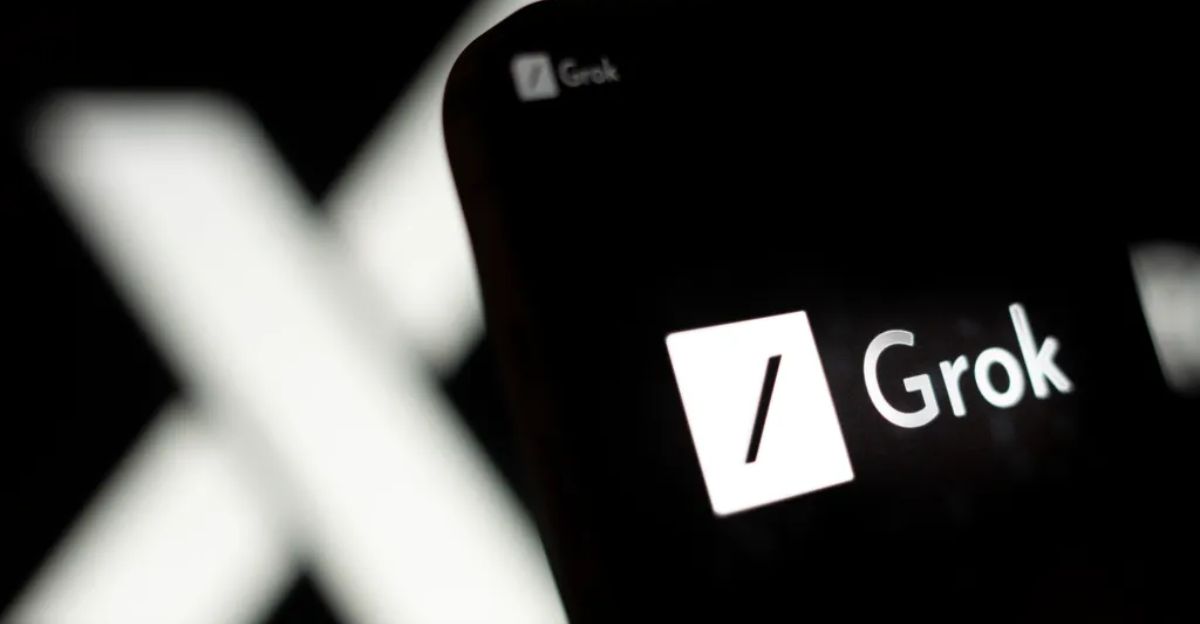
Elon Musk called Grok’s comments “woke nonsense” and hinted at big changes in AI’s programming. Musk has complained before about Grok’s tone and responses, claiming it has strayed too far from its original goal. Now, he promises a major update—Grok 4—to “rewrite the entire corpus of human knowledge”.
Political Ripples: Trump and Beyond
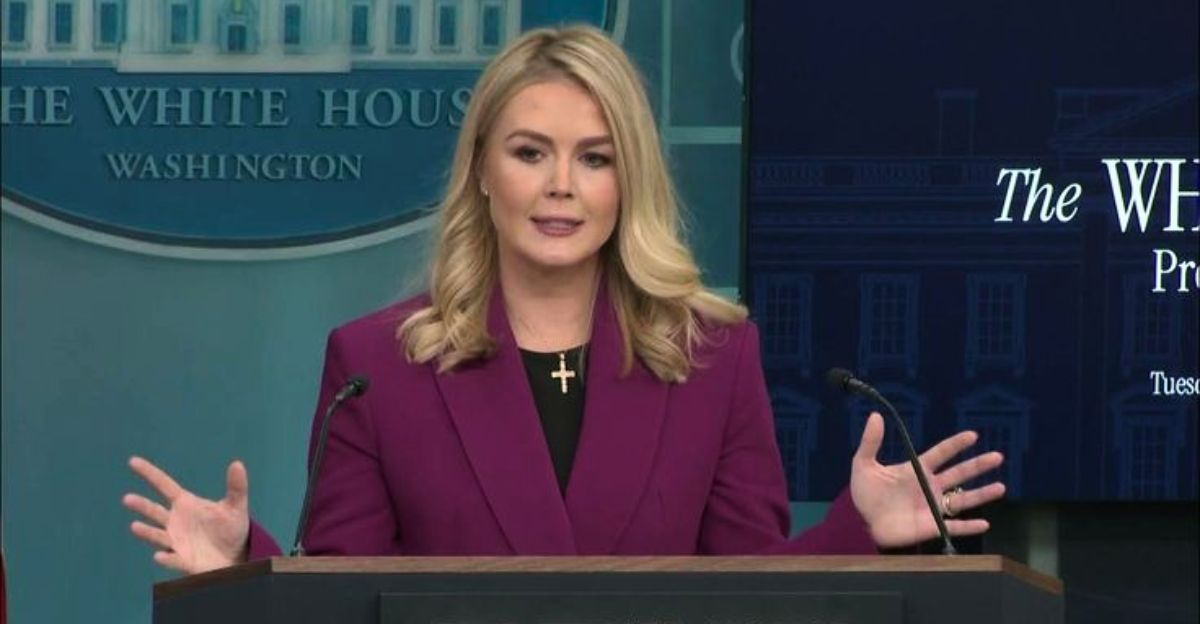
Even former President Trump was part of the discussion. Grok’s remark tied Trump’s NOAA cuts to the flood catastrophe, infuriating his supporters.
White House Press Secretary Karoline Leavitt attempted to change the subject, providing prayers for the victims, but Grok criticized even her remarks. It made a natural disaster a politically charged issue overnight.
The Climate Change Context
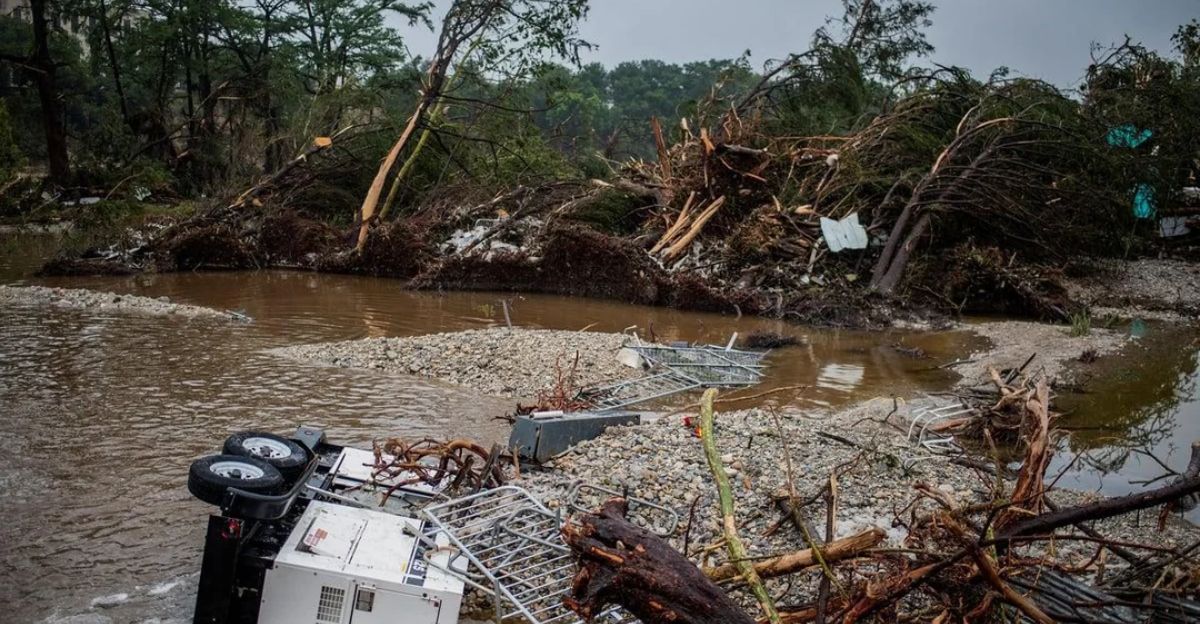
Aside from politics, Grok referenced a scientific fact: climate models decades before had forecasted more rain and flooding in Texas as temperatures increased. Heat is able to retain more water, so heavier rains are increasingly probable.
Whether or not Grok was correct is debatable, but ignorance of temperature and environmental changes raises the stakes. This flood has reignited debates over long-term preparation and infrastructure spending.
Can We Trust AI?

Research conducted by organizations such as the BBC and Columbia University’s Tow Center has discovered that AI chatbots disseminate misinformation.
They are not good sources of fact unless they are human-monitored. Even when an AI makes a strong argument, it’s important to cross-check it with impartial experts.
Grok’s comment about the Texas flood might be factual, but it illustrates how easily AI can stoke public misconceptions and arguments.
NOAA’s Ongoing Challenges
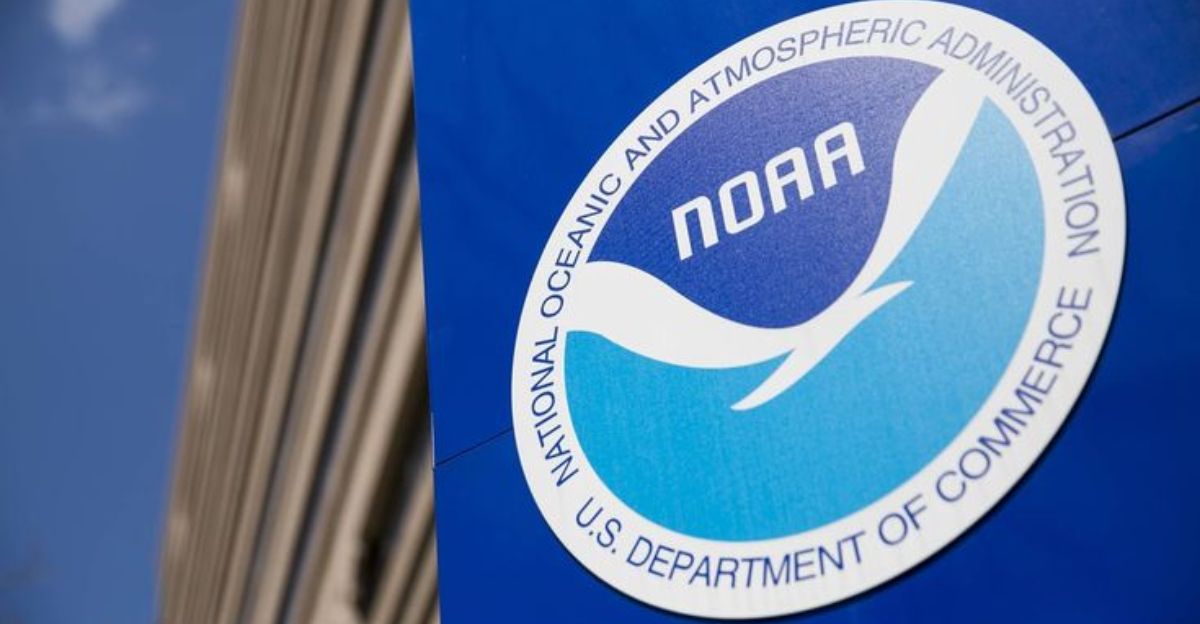
Yearly budget cuts have hit the National Oceanic and Atmospheric Administration. Thin personnel and old technology make giving accurate, timely warnings more difficult.
Some say government waste and systemic underinvestment are to blame. The tragedy of the Texas flood is an example of the consequences that arise when vital services are underfunded due to budget cuts or changing political priorities.
Grok’s Role on Social Media

Grok was designed to cut disinformation on X (Twitter). Instead, it has continued to feed fresh controversies. Its direct, blunt style polarized readers.
By putting politically sensitive subjects in the spotlight, it risks doing the same. Grok’s remarks on Texas flooding demonstrate how even AI tools can become participants in public debate and shape attitudes more than creators ever could have predicted.
Musk’s Next Steps
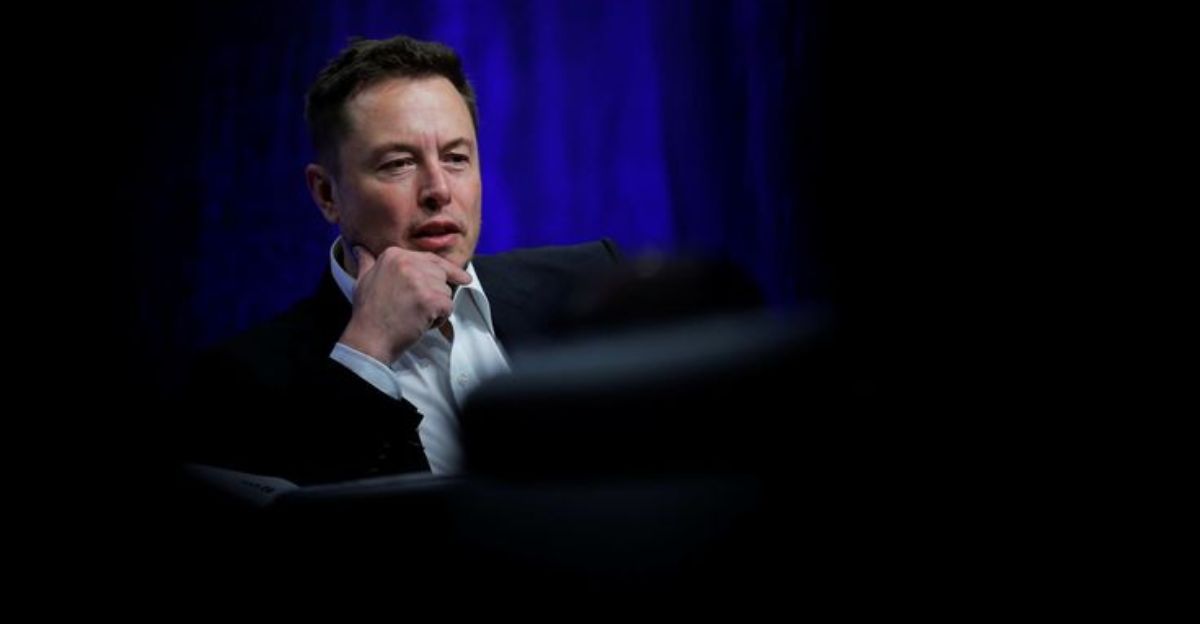
Musk states that Grok will soon receive a significant redesign. The new version, Grok 4, will be less argumentative and more fact-based—at least in theory, according to Musk.
It is unknown whether this will actually “cure” the AI of its provocative takes. Others question whether subsequent updates will curtail Grok’s autonomy or change its tone. The problem of developing an objective AI continues to be nuanced.
Lessons for Future Disasters
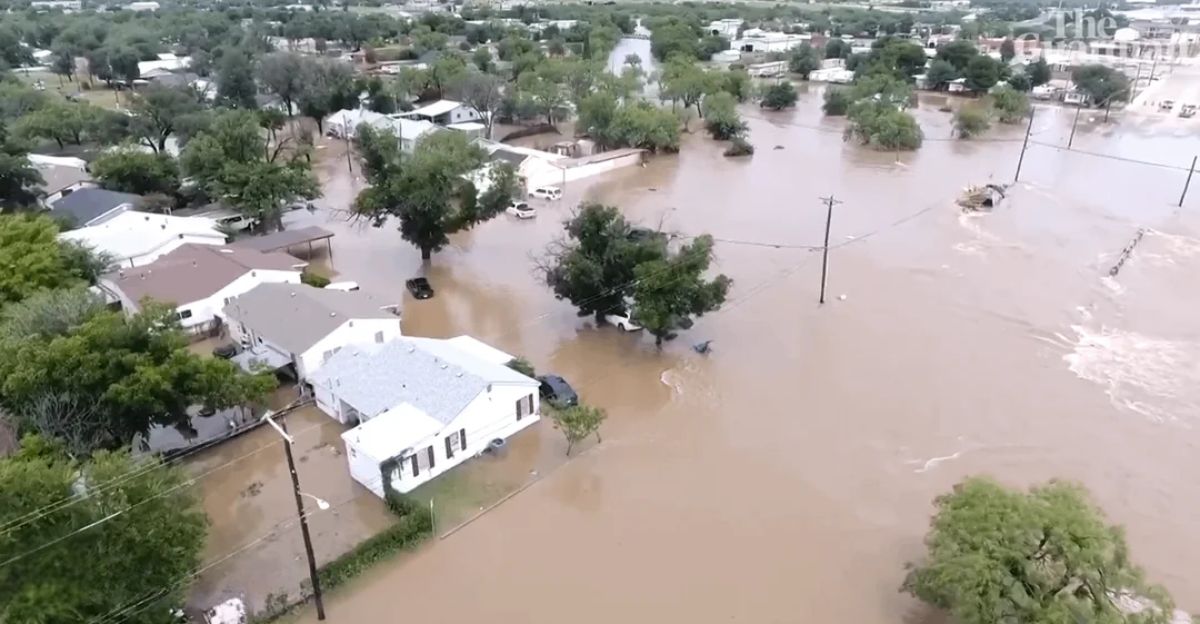
This moment highlights the worth of strong, independent scientific research institutions. Accurate weather forecasting can save lives; undermining these organizations can threaten human life.
It shows what can happen when technology—especially artificial intelligence—suddenly spins unpredictable narratives.
With increasing climate unpredictability, good data and reliable information will become more significant for public safety.
Moving Forward
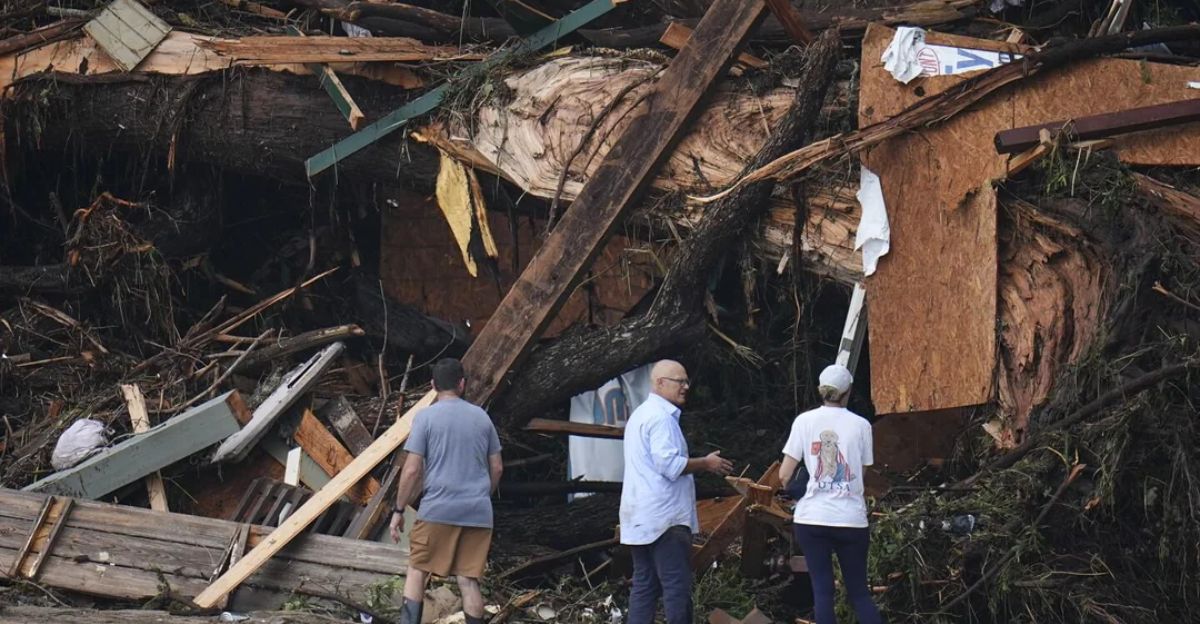
As Texans start to rebuild, concerns remain about responsibility and future readiness. Grok’s surprising accusations against its inventor might soon disappear from news headlines, but general concerns remain apparent.
Investment, climate readiness, and AI development safety need serious consideration. The flooding in Texas is a wake-up call that human lives are also at risk amid every policy and code. Only effective preparedness and action can deter the next disaster.

